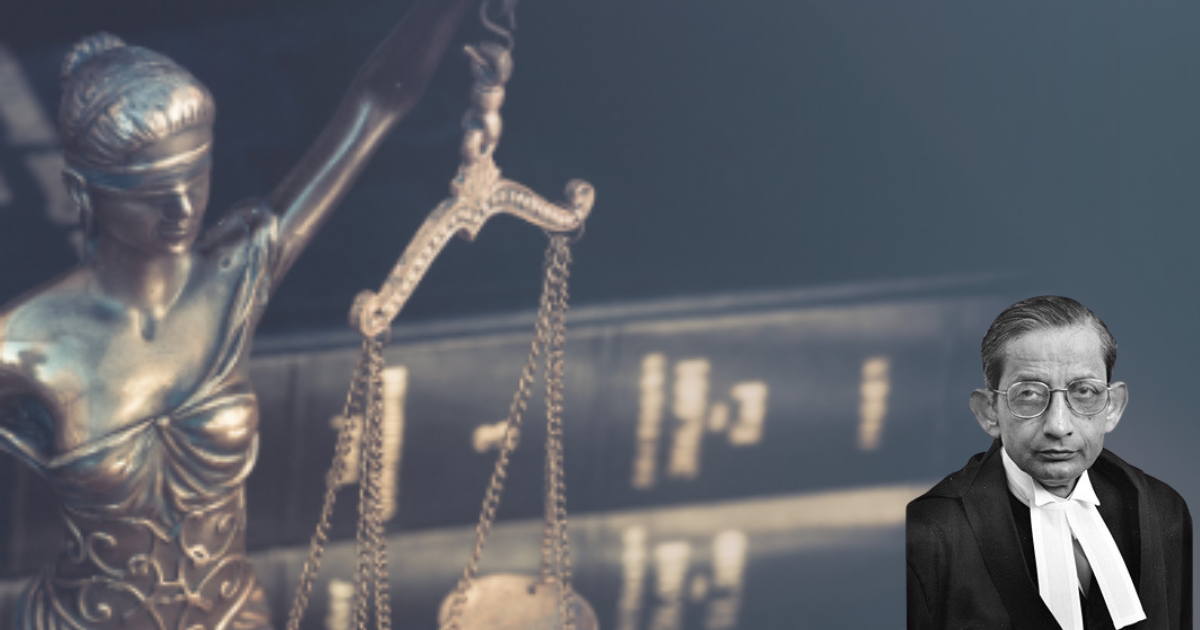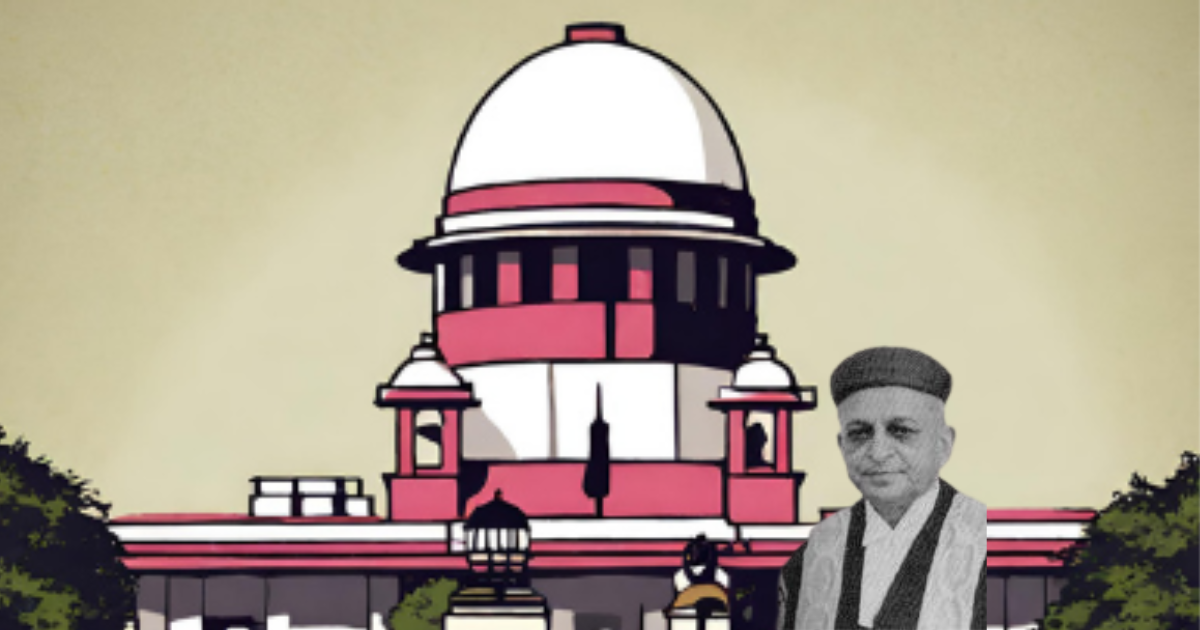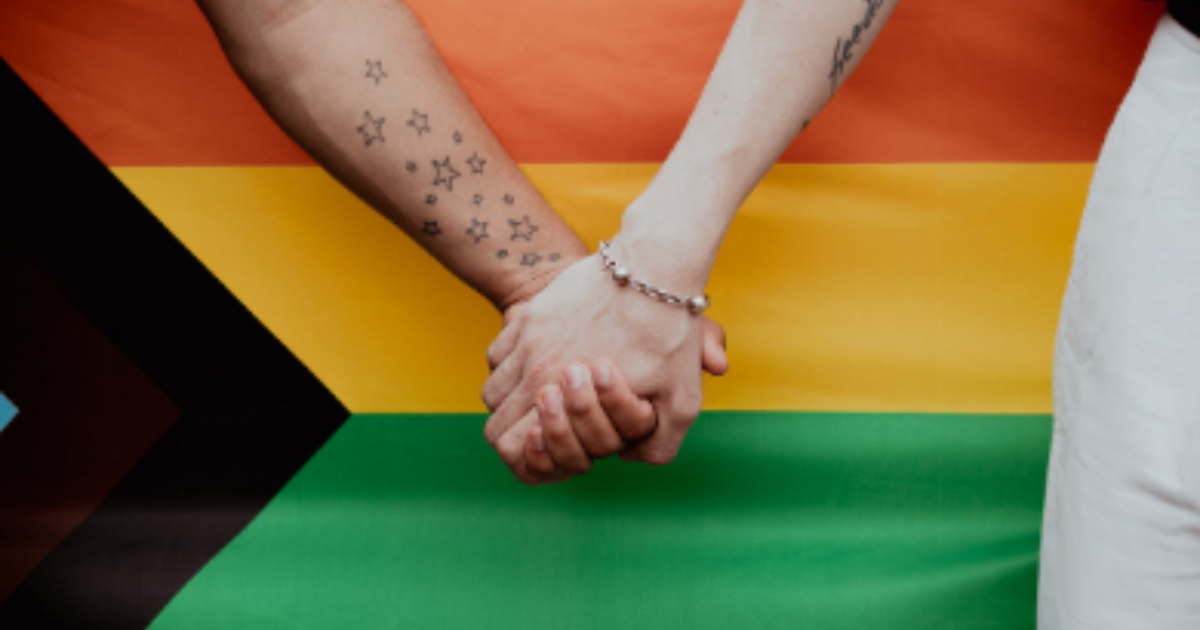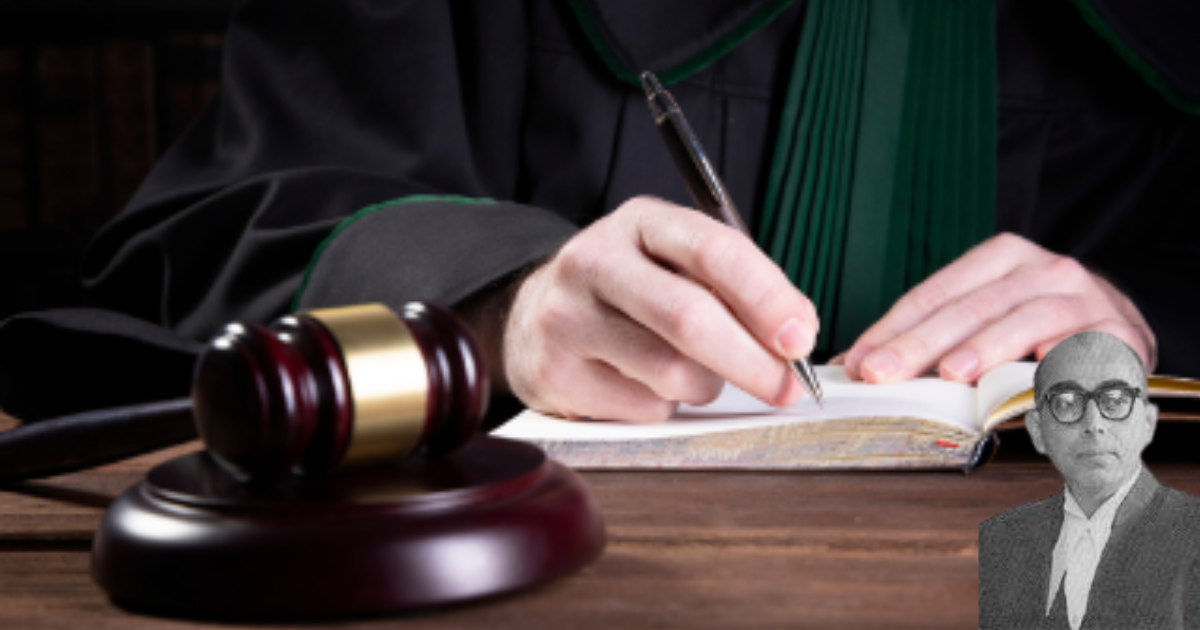In the digital age, the case of PUCL Vs. Union of India emerges as a critical chapter in the ongoing struggle to protect individual privacy against the backdrop of technological advancements and government surveillance. This legal narrative revolves around the Public Union for Civil Liberties (PUCL) challenging the constitutional validity of the government’s surveillance programs, particularly the use of intercepts and monitoring communication. The Supreme Court’s verdict not only addressed the immediate concerns raised by PUCL but set enduring principles to safeguard the right to privacy in the digital realm.
The story begins with PUCL, a vigilant civil liberties organization, raising alarm over the potential encroachment on privacy rights by the government’s surveillance activities. The government justified these measures as essential for national security, asserting that surveillance was crucial in preventing threats to the state and ensuring public safety.
The crux of the argument put forth by PUCL, represented by its legal counsel, centered around the right to privacy as an intrinsic facet of the right to life and personal liberty under Article 21 of the Constitution. The legal team contended that unchecked and widespread surveillance violated the fundamental rights of citizens, undermining the democratic principles enshrined in the Constitution.
The legal analysis in PUCL’s case delved into the constitutional dimensions of privacy in the context of technological advancements. The Supreme Court, led by Chief Justice R.C. Lahoti and a bench of distinguished justices, embarked on a profound examination of the delicate balance between individual privacy rights and the state’s responsibility for national security.
In a landmark judgment, the Supreme Court recognized the importance of privacy as a fundamental right, affirming that it was implicit in the right to life and personal liberty under Article 21. Chief Justice R.C. Lahoti, in his authoritative pronouncement, articulated that privacy was an essential aspect of human dignity and a prerequisite for the development of an individual’s personality.
The court acknowledged the legitimate concerns of the state in ensuring national security but held that surveillance measures must adhere to the principles of legality, necessity, and proportionality. The judgment set forth guidelines to regulate the interception and monitoring of communication, emphasizing the need for proper authorization and oversight mechanisms.
The verdict in PUCL’s case echoed the sentiments of previous judgments, particularly the landmark decision in K.S. Puttaswamy (Privacy) Vs. Union of India (2017), which had affirmed the right to privacy as a fundamental right. The court’s assertion that privacy was not an absolute right but subject to reasonable restrictions based on compelling state interests became a guiding principle in subsequent cases.
In the aftermath of the judgment, PUCL’s case set a precedent for the protection of privacy in the digital age. The court’s guidelines became the foundation for legislation and policies aimed at ensuring responsible and constitutional surveillance practices. The case also spurred public discourse on the delicate balance between individual rights and state security in the ever-evolving landscape of technology.
Citation: AIR 1997 SUPREME COURT 1203, 1997 (3) SCC 433, 1997 AIR SCW 1234, 1997 SCC(CRI) 434, 1997 (1) SCALE 706, 1997 CRILR(SC MAH GUJ) 295, 1997 CRILR(SC&MP) 295, (1997) 1 SCR 923 (SC), (1997) 2 JT 311 (SC), (1997) 1 CRIMES 190, (1997) MARRILJ 149, (1997) 1 EASTCRIC 551, (1997) 1 RECCRIR 330, 1997 CHANDLR(CIV&CRI) 18, (1996) 64 DLT 781, (1997) 1 MATLR 8, (1997) 1 ICC 426, (1996) 4 ANDH LT 1126, (1997) 1 APLJ 92, (1996) 2 LS 582, (1997) 1 CHANDCRIC 109, (1997) 1 CURCRIR 187, (1997) 1 CRICJ 374, (1997) 1 SCALE 706, (1997) 1 ALLCRILR 615, (1997) 1 CAL HN 57, (1997) 1 SCJ 480, (1997) 2 RECCRIR 161, (1997) 2 SUPREME 429, (1997) ACJ 1299, (1997) SC CR R 775, 1997 BOM LR 2 101, 1997 (100) BOM LR 101
Case Title: PEOPLE‘S UNION FOR CIVILLIBERTIES (PUCL) Vs. THE UNION OF INDIA AND ANOTHER



